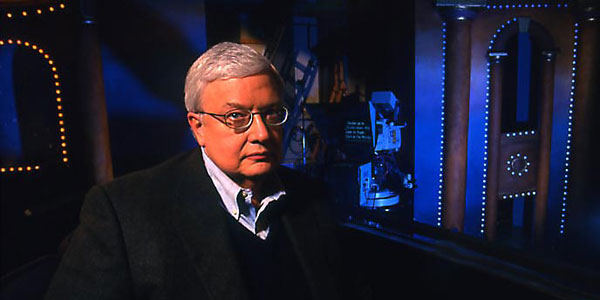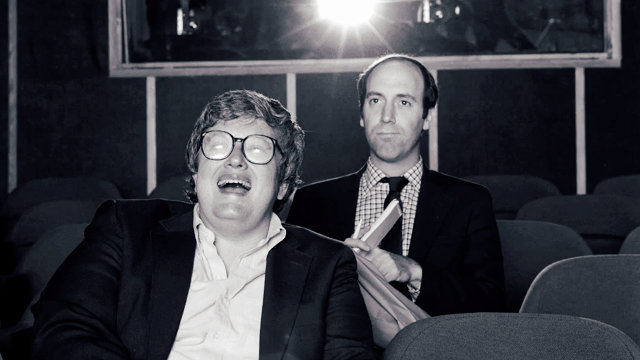 Yesterday I commented on the Roger Ebert documentary Life Itself. Today I’m reflecting on Roger Ebert as the main reason that my love of cinema grew, as did my passion for sharing under appreciated and overlooked movies. In other words, I wouldn’t be writing this blog if not for Ebert.
Yesterday I commented on the Roger Ebert documentary Life Itself. Today I’m reflecting on Roger Ebert as the main reason that my love of cinema grew, as did my passion for sharing under appreciated and overlooked movies. In other words, I wouldn’t be writing this blog if not for Ebert.
My college History of Film class and the groundbreaking movies of the 70s (The Godfather, Chinatown, Five Easy Pieces) had awakened my interest in movies. But Roger Ebert was the leading evangelist for independent and foreign cinema in the US. Without the Siskel & Ebert TV shows, I wouldn’t have known to seek out a French film like La cage aux folles or the debut features of indie directors John Sayles (Return of the Secaucus Seven) and Spike Lee (She’s Gotta Have It). Heck, I just looked at my list of 50 Greatest Movies of All Time, and, without Ebert’s guidance, I never would have seen The Seven Up series, Blue/White/Red, Secrets and Lies, and, probably, Do the Right Thing.
Along the way (and from technology to technology), I made it a point to seek out Ebert’s movie recommendations. The first show that I set up my massive 1982 VCR to record was Siskel & Ebert’s Sneak Previews. In the early 2000s, Roger Ebert’s was the first blog that I checked every day. The reason that I signed up for Twitter was to follow Roger Ebert.
So, thanks, Roger. Thanks from The Movie Gourmet.



